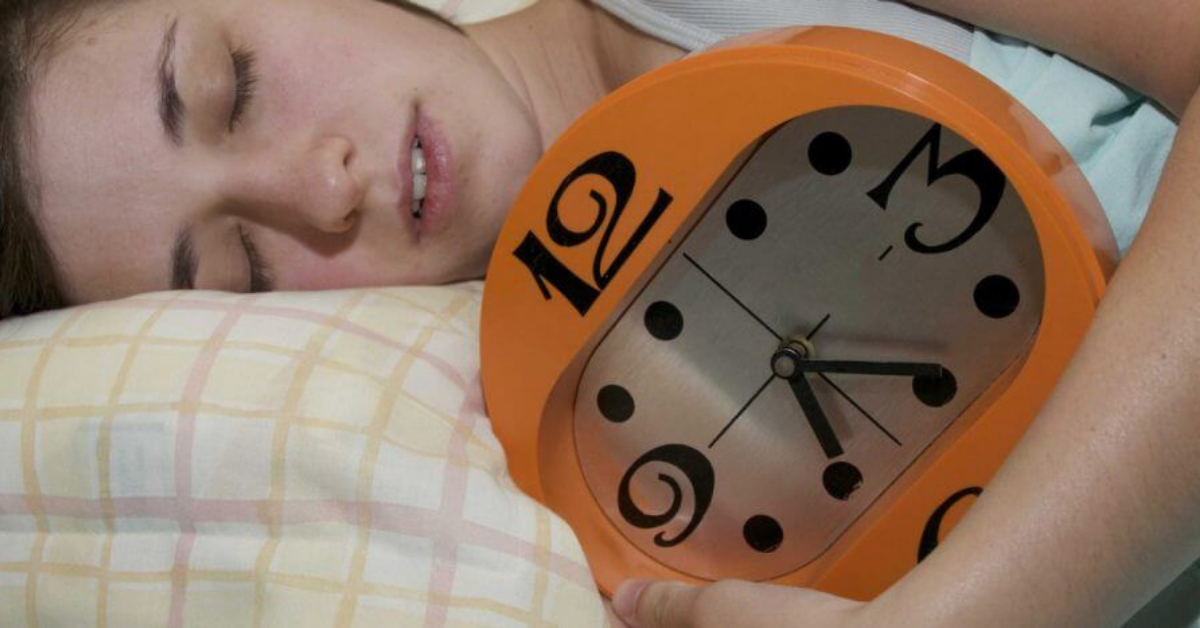Could you imagine how tired you would be if you missed out on two hours of sleep last night? What if you missed two hours of sleep every night? For the average person who snores, that’s the amount of quality sleep that is lost to disruption. The sleep disruption spills over to their bed partners as well, making snoring a major source of relationship distress.
When we sleep, our brains cycle between light, deep, and REM sleep. At the start of the night, we move largely between light and deep sleep in order to restore our body, which takes about 4-5 hours. As the night goes on, we increase the proportion of REM sleep, giving the mind a chance to replenish itself. During REM sleep, there is no muscle tone, which can allow our airway tissues to loosen. If enough tissue collapses, the tissues produce a rumbling sound while inhaling, called snoring.
Snoring can potentially progress to a more severe condition, known as obstructive sleep apnea, in which the airway becomes blocked by the loose tissues, preventing oxygen flow. This forces the heart to beat faster from the stress of being choked, followed by the person startling awake, gasping for air.. Someone who snores significantly or has sleep apnea is constantly being aroused from their sleep, preventing them from reaching deep sleep or REM sleep. They will often report themselves constantly feeling exhausted, since their bodies and minds did not get enough quality sleep to replenish them.
Feeling chronically tired has detrimental effects on mood and quality of life. Many people mention feeling grumpy and irritable all the time. The effects are also deleterious on memory, concentration, and job performance. There is a 15 fold increase of being involved in a traffic accident. Snoring also has an impact on relationships. Someone who snores loudly may avoid weekends away with friends if they have been teased about their snoring in the past. In couples where one partner snores, couples are often left with the difficult decision between separate bedrooms or chronic exhaustion. In more than half of divorces in Canada, snoring was listed as a factor, and snoring is the number one medical cause of divorce in this country.
The good news is that snoring and sleep apnea can be treated. The first step is to do a sleep study with a physician, who can diagnose whether the problem is simple snoring or different severities of obstructive sleep apnea. For a person who suffers from sleep apnea, CPAP therapy is the most effective treatment. A CPAP applies constant air pressure, ensuring that air can reach the lungs. If a CPAP has been recommended, I absolutely recommend using it diligently.
However, there is another option for people who only snore, or suffer from mild- moderate obstructive sleep apnea: the oral sleep appliance. A sleep appliance gently guides your lower jaw forward, which opens the airway.
The advantages to an oral appliance are numerous – they are comfortable, effective, and highly portable for nights away from home. For patients suffering from severe sleep apnea who must wear a CPAP, the oral appliance offers another advantage: they can sometimes be used together, which reduces the air flow required on the CPAP and makes it more pleasant for many people.
The advantages to treating snoring and sleep apnea are numerous. Our patients have reported feeling better rested in the morning, having improved concentration, and starting to dream again! There are also benefits to your cardiovascular health, including decreased blood pressure and stroke risk. If snoring or sleep apnea affects you or a loved one, please contact us for an assessment!

